Global Trends: Luxury brands that don’t solve the dilemma of ethical shopping won’t survive
Everyone in the luxury industry talks about the importance of sustainability. But let’s face it, ethical shopping is complicated. From a consumer perspective it’s extremely hard to make truly sustainable choices and have the transparency and reassurance that a luxury product is really crafted with highest standards. At a recent luxury conference in Paris managers of luxury houses including LVMH and Kering confirmed as one of their main pain points the need to reengineer today’s business models and become more green.
However, this is nothing different to what the entire industry -- whether luxury or not -- is already doing. Almost every major corporation highlights sustainability in their set of values and targets, but few truly re-engineer their business models around it. Are the objectives of the world’s top luxury houses more than just putting lip service? And what makes it so difficult?
For companies there are two challenges. The first one may be the obvious one – to get the supply chain right and work with all suppliers and with the own production on a careful choice of materials, ingredients and ensure the least possible footprint. Yet, when it comes to rare materials, very limited production runs, there are limitations. And many companies, even in luxury, are afraid of the pricing impact to go truly sustainable. Input cost can soar and impact profits. This increases the risk of green washing by claiming to be ethical and sustainable despite of a reality that may be different.
The second challenge is embedded in luxury per se. In a recent book publication (Gardetti 2017: The Sustainable Management of Luxury, Springer New York), I co-authored a chapter about the paradoxical relationship between luxury and sustainability. There was a remarkable finding: luxury and sustainability may not be easily compatible because luxury is – to a certain extend – about the extreme. Extreme performance, extreme materials, extreme experiences. And extreme performance in one or more dimensions may preclude a luxury good from being truly sustainable, especially versus a less extreme solution.
However, practically no luxury consumer will buy a product that is marketed as a sustainability solution, but does not perform on the extreme dimension people are looking for. Think about the radically designed and highly ambitious BMW i8, built with highly sustainable materials and in an energy efficient plant. Claiming to have a low fuel consumption. A sustainable sports car after all. So, why don’t we see it on streets? The answer is simple: A compromise is not enough! Missing out on true sports car performance, being a technological compromise with outdated hybrid technology and not able to outperform the similarly priced Tesla Model S P100D in almost any driving dimension. Even with significant investments into building the “sustainable” i-subbrand, BMW did not manage to get significant traction. Consumers don’t go for the compromise, but seek authenticity and the performance they ultimately pay for.
Just because it is difficult does not justify to go for easy solutions that don’t convince consumers. Luxury brands have no alternative to a sustainable business model. But they have to deliver on the core value propositions and performance dimensions nevertheless.
Luxury brands have to solve both: perform extremely and be sustainable. Therefore it is paramount to come up with eco-efficient business models, that allow them to still be true to their core. And to provide transparency on supply chain, sourcing and environmental impact.
While it is a very difficult challenge to solve, those brands who do will gain a tremendous competitive edge. Sustainability not as afterthought, but as chance of disrupting markets and daring to price for it. Consumers expect this already today and will do so even more in the future as resources get increasingly scarce.
The good news for luxury brands: if the proposition is right and relevant, consumers will pay the premium for it. The bad news: those who don’t master it will be disrupted and won’t survive. Sustainability lip service is not good enough anymore as we approach 2020!
About the author
Dr. Daniel Langer is CEO of Équité, a global branding and brand strategy firm that elevates brands and increases their value, profitability and success. He is an authority on brands, brand equity, brand positioning, pricing and luxury management. He holds a PhD in luxury marketing, is author of several top-rated books, book chapters and articles on luxury. He held top management positions in USA, Japan and Europe and was responsible for developing, launching and strengthening iconic global beauty care brands.


